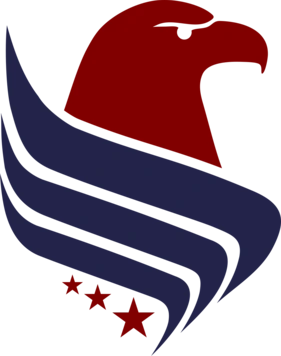Battles of Lexington and Concord
For over a decade the city of Boston had been in a political battle with the crown. First they had defied the many tax acts that had been passed against them and other colonies, then Bostonian men had provoked British troops to fire into a crowd which became known as the Boston Massacre, next had come the Boston Tea Party which had seen Bostonians dress as American Indians, seize ships laden with East India Tea, and dump it into the Harbor. After that last event, King George III and Parliament had had enough with Boston. They shut down the harbor, demanded that Boston pay back the dumped tea, and declared Boston to be in a state of rebellion which saw the landing of British troops in the city.
Joseph Warren, a doctor and member of the secret Sons of Liberty, learned from his network of informants that the British planned on marching to Concord to seize munitions, arms, and cannon that the Sons of Liberty had been gathering there. On the night of April 18th, he dispatched two men to ride to Concord and warn the Sons of Liberty of the coming British troops so they could remove the arms and ammunition from the town.
Paul Revere and William Dawes snuck out of Boston and waited for the signal that was to come from the Old North Church: one light if the British were to move by land and two if they were to move by sea. When the two lanterns were put up, Revere and Dawes from two separate locations set out post haste for Lexington to warn Samuel Adams and John Hancock to leave for safety. While Revere and Dawes never made it to Concord, Samuel Prescott, whom they shared the British plans with, did.
On the morning of April 19th, Lt. Col. Francis Smith and his 700 troops arrived in Lexington to find 77 militiamen armed and blocking the British forces path. After ordering the militia to disperse, and them refusing, a shot rang out (no one knows from which side) and the British forces answered with several volleys leaving eight militiamen dead and 9 wounded while only suffering one casualty.
Smith then proceeded to Concord, where he found very few arms and munitions but turned them anyway. Unfortunately, the fire got out of hand and spread to other homes and buildings lighting the on fire. While the inferno was raging, hundreds of militiamen that had been gathering outside of Concord decided to advance on the British in thinking the town had been put to the fire on purpose. When they reached the North Bridge, a British guard fired into the oncoming militia, but this time the militia didn’t scatter and instead returned fire with a volley of their own.
The British then started a long march back to Boston not realizing that the numbers of militia were growing. At first the militia followed the British, but soon, they started firing at the British from behind trees and fences. British soldiers began to panic dropping military equipment to retreat from the angry militiamen quicker. And even though a whole brigade of British troops came to reinforce the fleeing column the militiamen continued to press the attack until the British crossed back into Boston.
250 years ago today, what became known as “The Shot Heard Round the World” kicked off a war that lasted 8 years, saw a colony declare Independence from England, and saw that independent colony become a powerful nation. Let us not just celebrate the start of that road that led to Independence but remember the more than 50 men who died that day never to see what their courage produced after their ultimate sacrifice.
Joseph RardinVisit Joseph on
at “Make American History Great Again” for more great stories and interesting facts.

Leave a Reply
You must be logged in to post a comment.